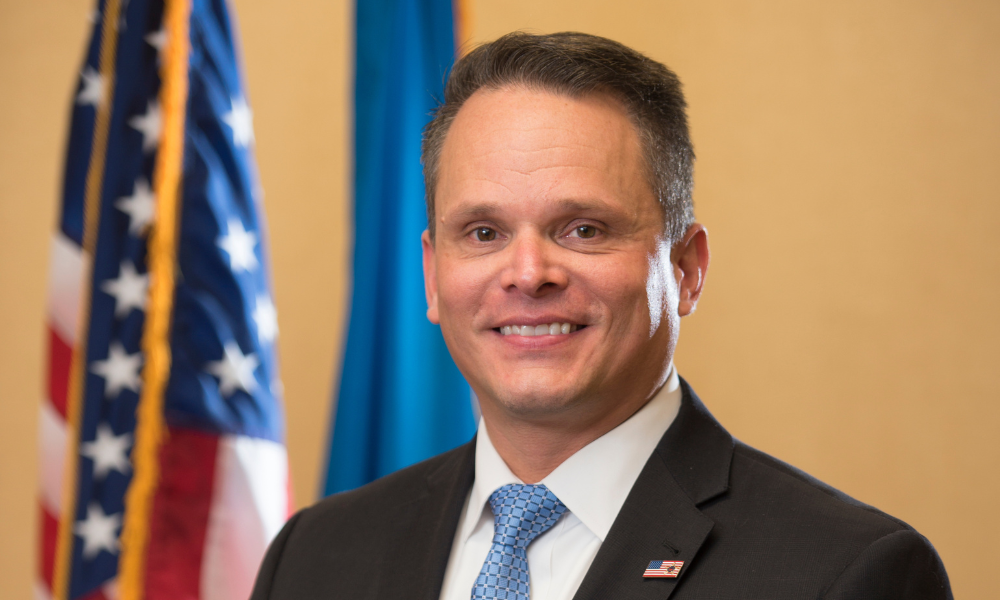Incumbent insurance commissioner wins primary election

Incumbent insurance commissioner wins primary election | Insurance Business America
Insurance News
Incumbent insurance commissioner wins primary election
He cites his eight years on the job as an advantage
Insurance News
By
Terry Gangcuangco
Delaware Insurance Commissioner Trinidad Navarro (pictured) has won the Democratic primary for the post, having secured nearly 74% of the votes.
Navarro – who was first elected as insurance commissioner in Delaware in 2016 before a repeat in 2020 – will now head to the general election in November against Republican Ralph Taylor. In the Democratic primary this week, Navarro bested Kayode Abegunde.
Commenting on his primary triumph, Navarro pointed to his on-the-job experience.
An AM Best report quoted him as saying: “It takes years to understand the intricacies of this position. You really need a regulator who understands the complexity of the insurance market in today’s era.”
Navarro, a former New Castle County sheriff, was sworn in as Delaware’s 26th insurance commissioner on January 3, 2017.
At the time, he stated: “We will work hard in the coming months and years to ensure a fair and affordable marketplace by ending discriminatory practices used in setting rates and holding the line on excessive costs that affect consumers and businesses.”
Earlier this month, Navarro announced penalties against Highmark amounting to $363,570. The sum relates to improper volunteer ambulance company claims reimbursement. An investigation found that nearly 400 claims were paid by Highmark to a third party instead of to the volunteer ambulance company.
“The cost of health care and complexity of insurance processes are already a burden on the minds of Delawareans,” the commissioner said. “The last thing Delaware families need after a medical event requiring an ambulance is to receive mixed messages on the cost.
“The practice of sending mysterious checks to residents and waiting for them to be separately billed by the volunteer ambulance company rather than following the law and paying the provider directly causes confusion and delays for all involved.”
What do you think about this story? Share your thoughts in the comments below.
Related Stories
Keep up with the latest news and events
Join our mailing list, it’s free!






